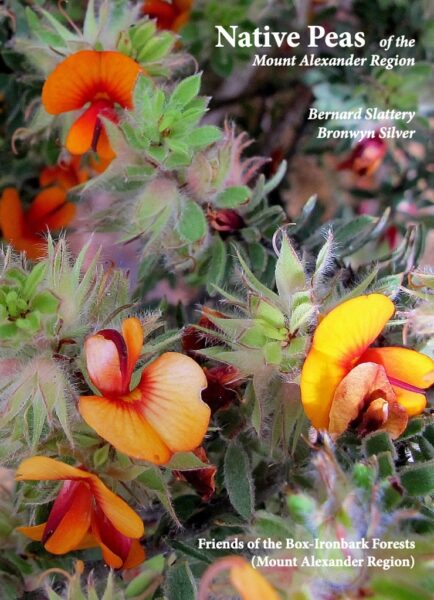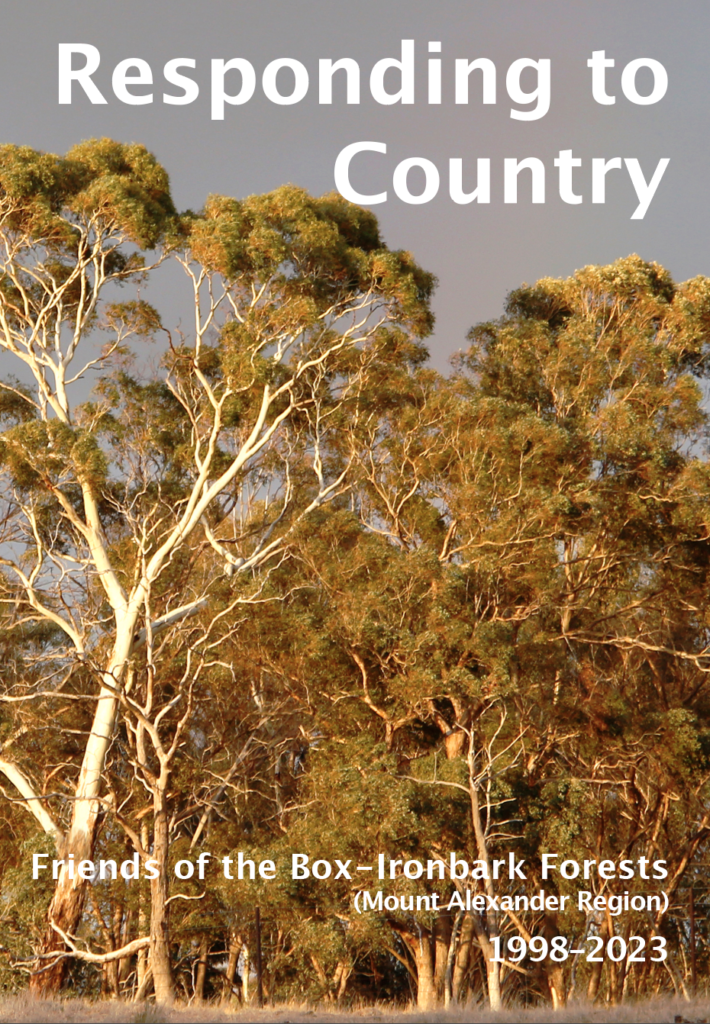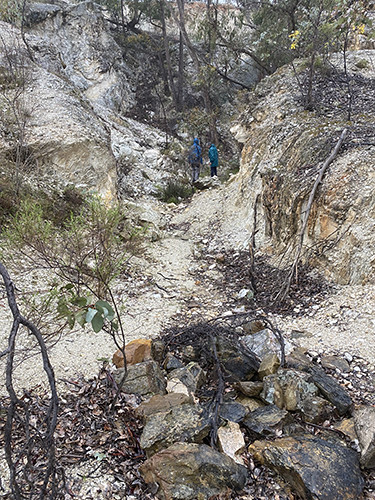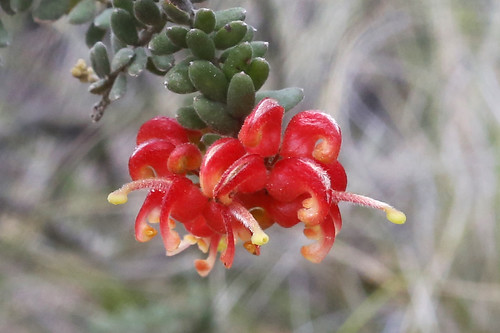FOBIF has made a submission to the state government’s Draft Deer Management Strategy [see last week’s post]. Deer have not made a major impact in our region yet, but sightings are becoming more frequent, with recent reports from the Fryers Forest, Spring Gully, Muckleford and Chewton. Given the serious damage being done to the environment elsewhere, we have reason for concern. Feral deer pose an increasing threat to agriculture, the environment and traffic safety; the population is exploding, and that is a problem which needs to be confronted now.
We gave the draft a very low assessment, concluding that it was more concerned to gratify the hunting lobby than to respond to an increasingly evident environmental mess. It is puzzling and depressing that the state government should be concerned to pander to this lobby, whose allies are actively campaigning against it in the state election.
The essentials of our submission are set out below. The headings are the ones provided in the online survey form:
- General comment: This is not a deer management strategy: it is a hunting strategy, clearly devised to expand the amount of public land available to recreational hunters. This is plain from the first, when we read that the strategy is a key action of the Sustainable Hunting Action Plan. This latter Plan is entirely devoted to expanding hunting, and the word ‘sustainable’ in its title has no reference to natural values whatever. It is clear from this document, and other material easily available on the subject, that recreational hunting is completely ineffective as a form of control of deer populations: expanding it, therefore, is not a response to the increasingly dire effects of an exploding deer population. It is simply a sop to the hunting lobby. It is significant that the draft gives an impressive figure valuing deer hunting on page 10, but does not match it with a figure indicating the many costs to agriculture, the environment and public safety on pages 10 and 11. Such a figure, we believe, would far outweigh the supposed value to rural communities.

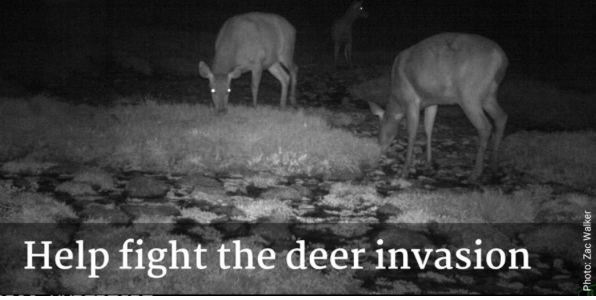
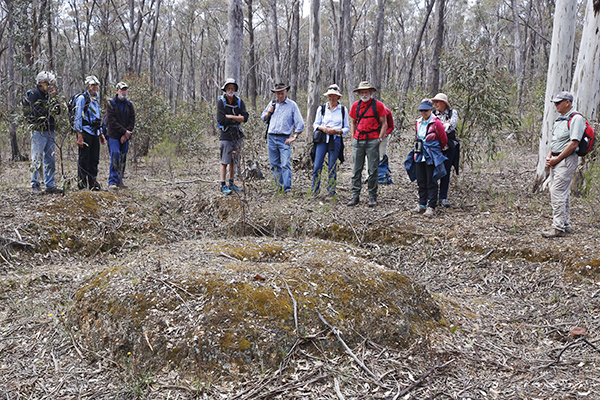
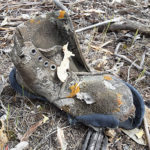
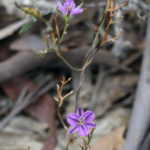
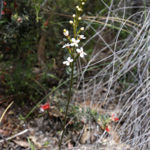
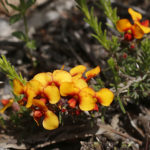
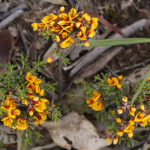

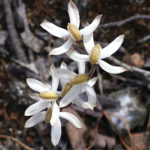
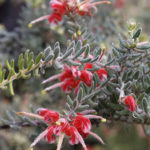
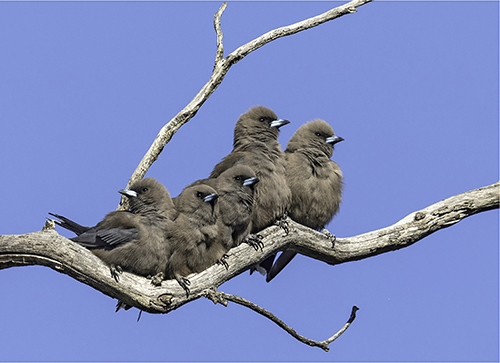
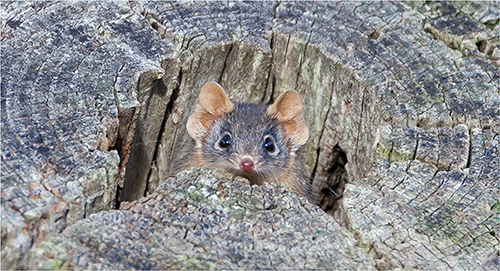
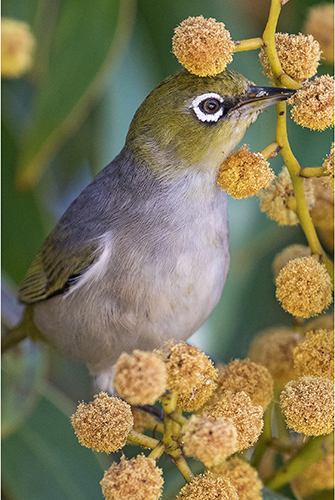


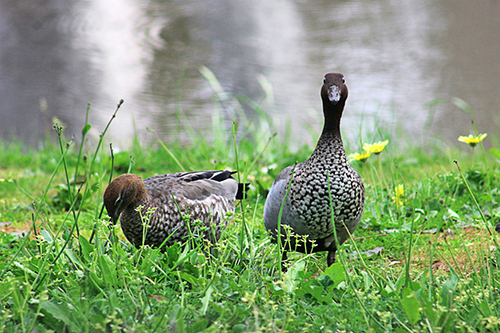
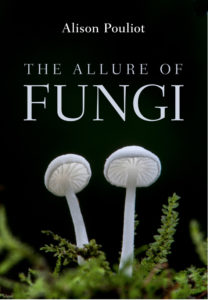
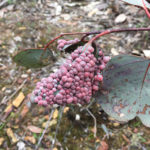

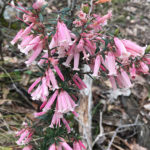

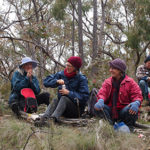

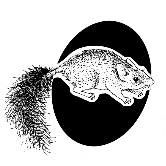
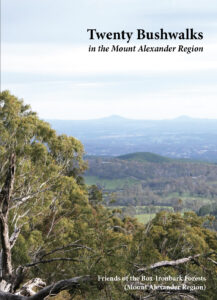
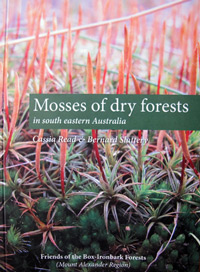 Click on image for info/order page
Click on image for info/order page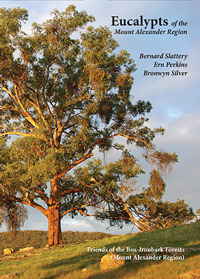 Click on image for info/order page
Click on image for info/order page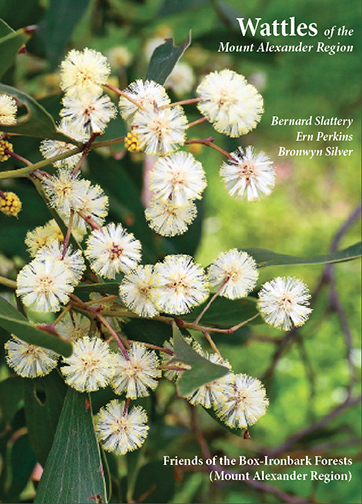 Click on image for info/order page
Click on image for info/order page